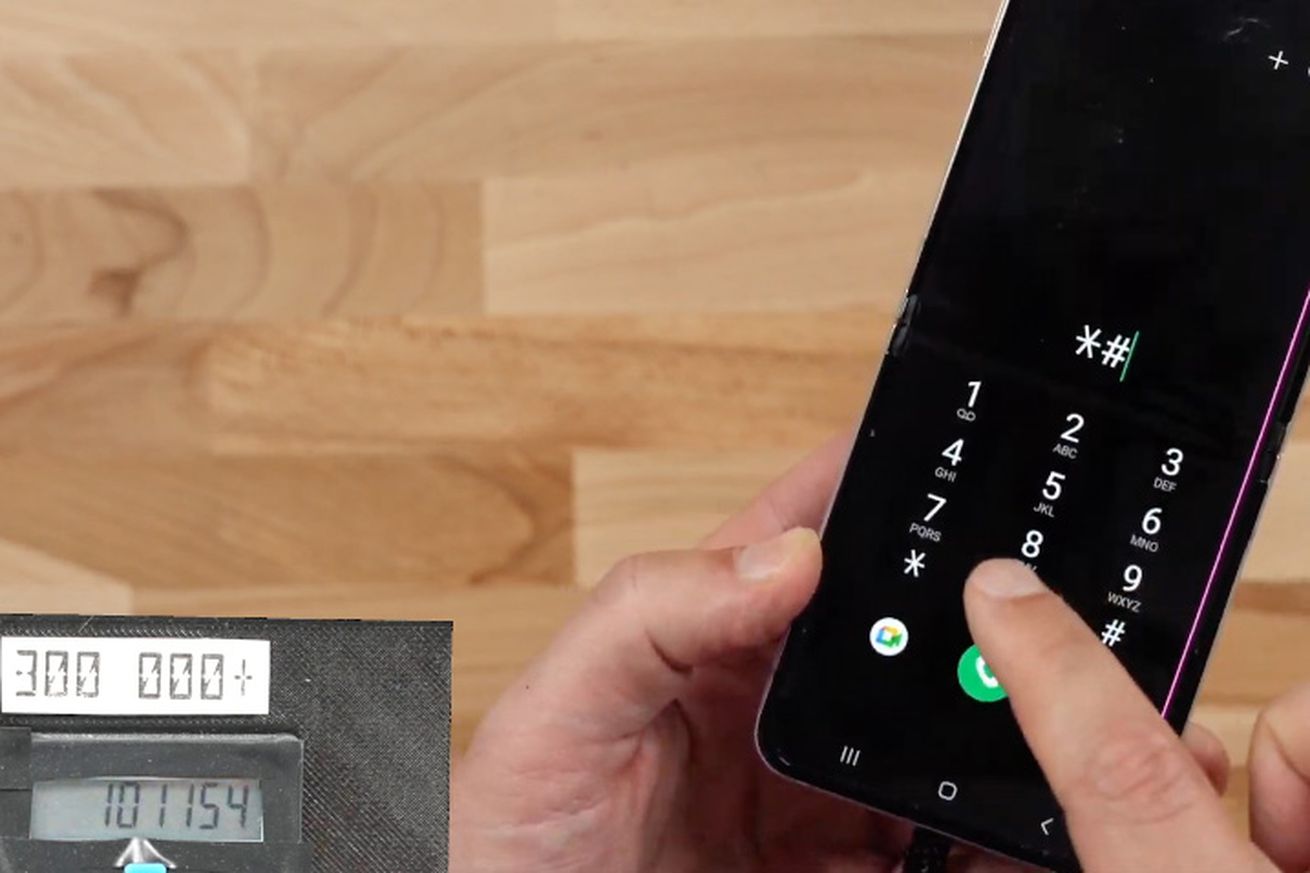
YouTuber subjects the Galaxy Z Flip 5 to a week of continuous folding to see when it breaks
If you’re wondering how many times Samsung’s latest foldable flip phone, the Galaxy Z Flip 5, might survive when subjected to the stresses and strains of the real world, YouTuber Mrkeybrd has an answer for you: 401,146. Between August 2nd and today, his channel has run a livestream of the phone being continuously folded and unfolded by a series of testers. Initially, Samsung’s foldable was being compared to Motorola’s recently released Razr Plus (known as the Razr 40 Ultra outside of the US), but the screen on Motorola’s foldable died after just 126,266 cycles.
Mrkeybrd’s test is hardly as scientific as the kinds of robotic automated folding and unfolding Samsung has shown off in its promotional materials for the Flip 5 and Fold 5, but that’s kind of the point. The experiment subjected the phones to a large amount of variation in the speed and force with which they were folded and unfolded, which arguably reflects the kinds of stresses actual people, rather than machines, will put the phone under. “This livestream isn’t sponsored nor influenced by Samsung and Motorola,” the livestream’s video description reads.
Samsung’s foldable didn’t fail all at once. After around 223,000 folds, the phone developed a fault with its hinge, and prior to Mrkeybrd officially calling an end to the test, the phone could be seen springing open of its own volition. But the Flip 5 appeared to be broadly usable until the 400,000 mark, when it was submerged in water and covered in flour and eggs. Its hinge appeared to grow increasingly unusable after that point, until the YouTuber called an end to the experiment when a pink line was visible running down the right-hand side of the screen. Other tests included heating the phone while it was opened and closed and opening and folding it underwater.
Yes, I, too, would love to know how much longer the phone might have survived if it hadn’t been subjected to this:
Given Samsung’s flip phone has an IP rating of IPX8, which means it’s protected against being submerged in water but isn’t protected against dust (for now), it seems likely the flour played a part in the phone breaking. But being able to survive 400,000 folds would still mean the phone should survive over 10 years of use if you unfold and fold it around 100 times a day.
Motorola’s new Razr performed far less well. 126,266 folds still theoretically translates to a little under 3.5 years of use if you open and close the phone 100 times a day, but it suggests the phone isn’t as durable as Samsung’s competing device.
In a similar test last year, Mrkeybrd folded and unfolded the Galaxy Z Flip 3 418,500 times before calling the experiment to an end. But looking back at the footage of the test, it looks like the Z Flip 3 was failing to stay closed by itself far earlier than the official end of the test, which also included submerging it in water and covering it in dust and sand. So there’s a certain amount of interpretation involved when deciding how many folds a foldable can “survive.”

